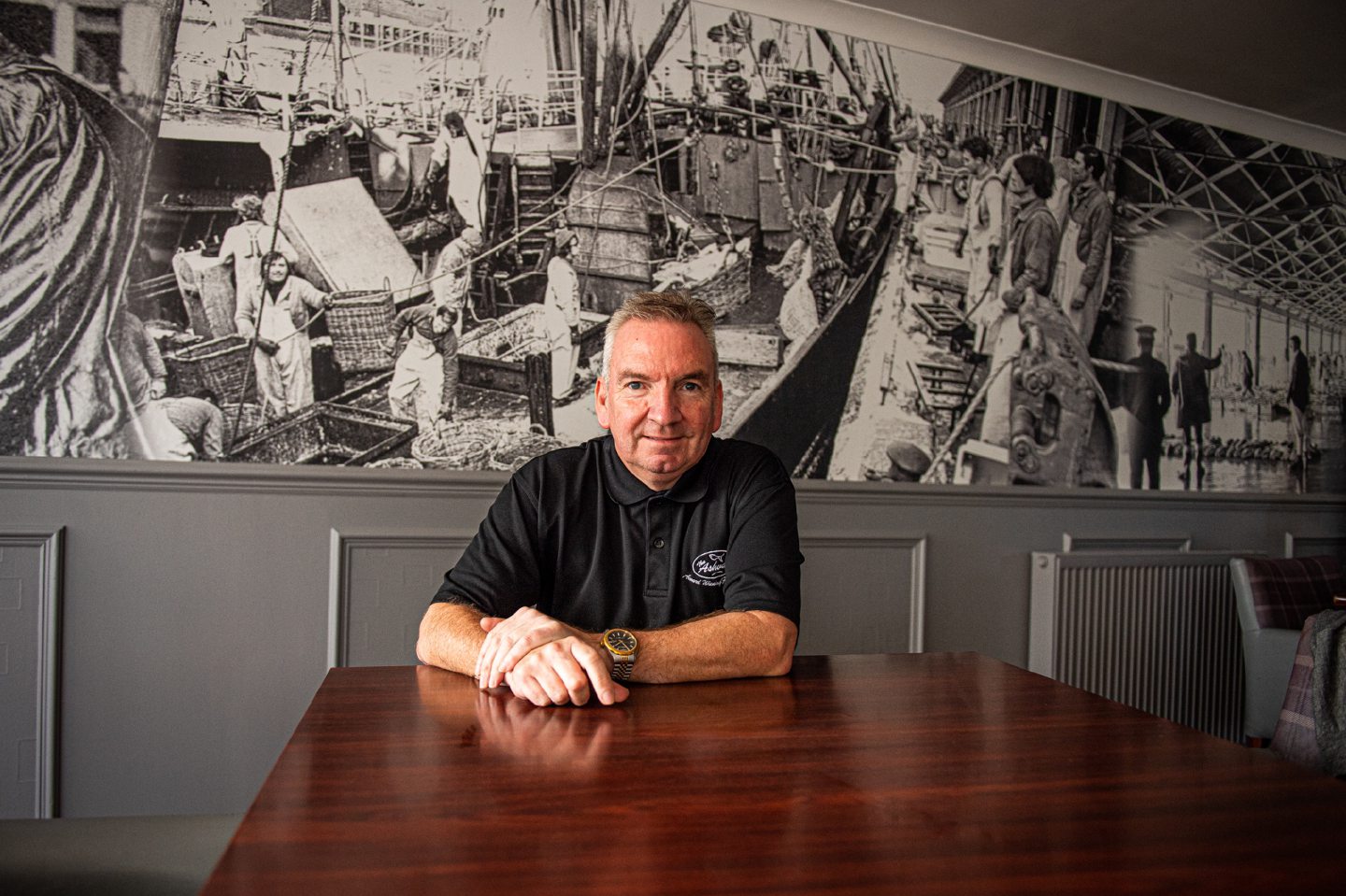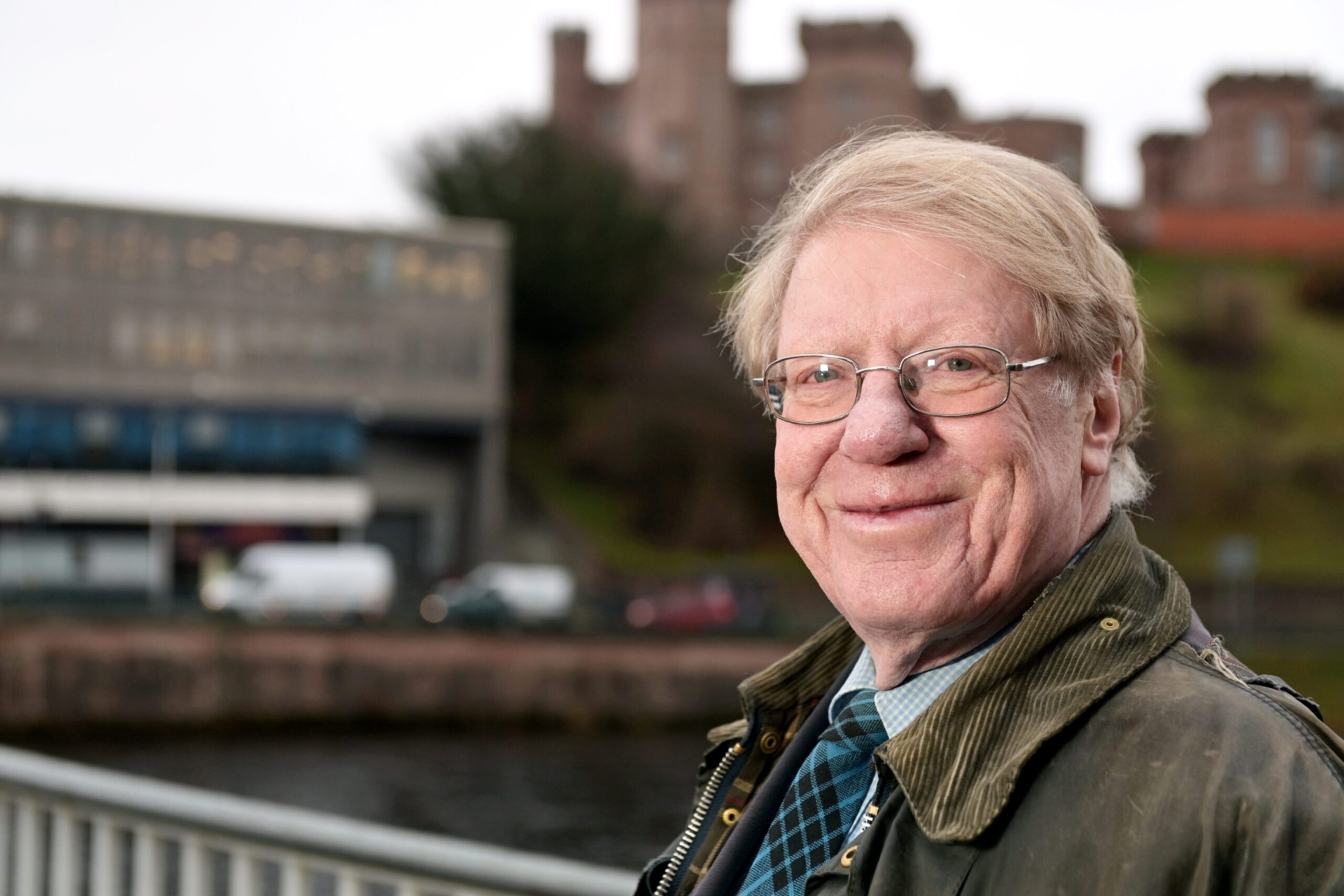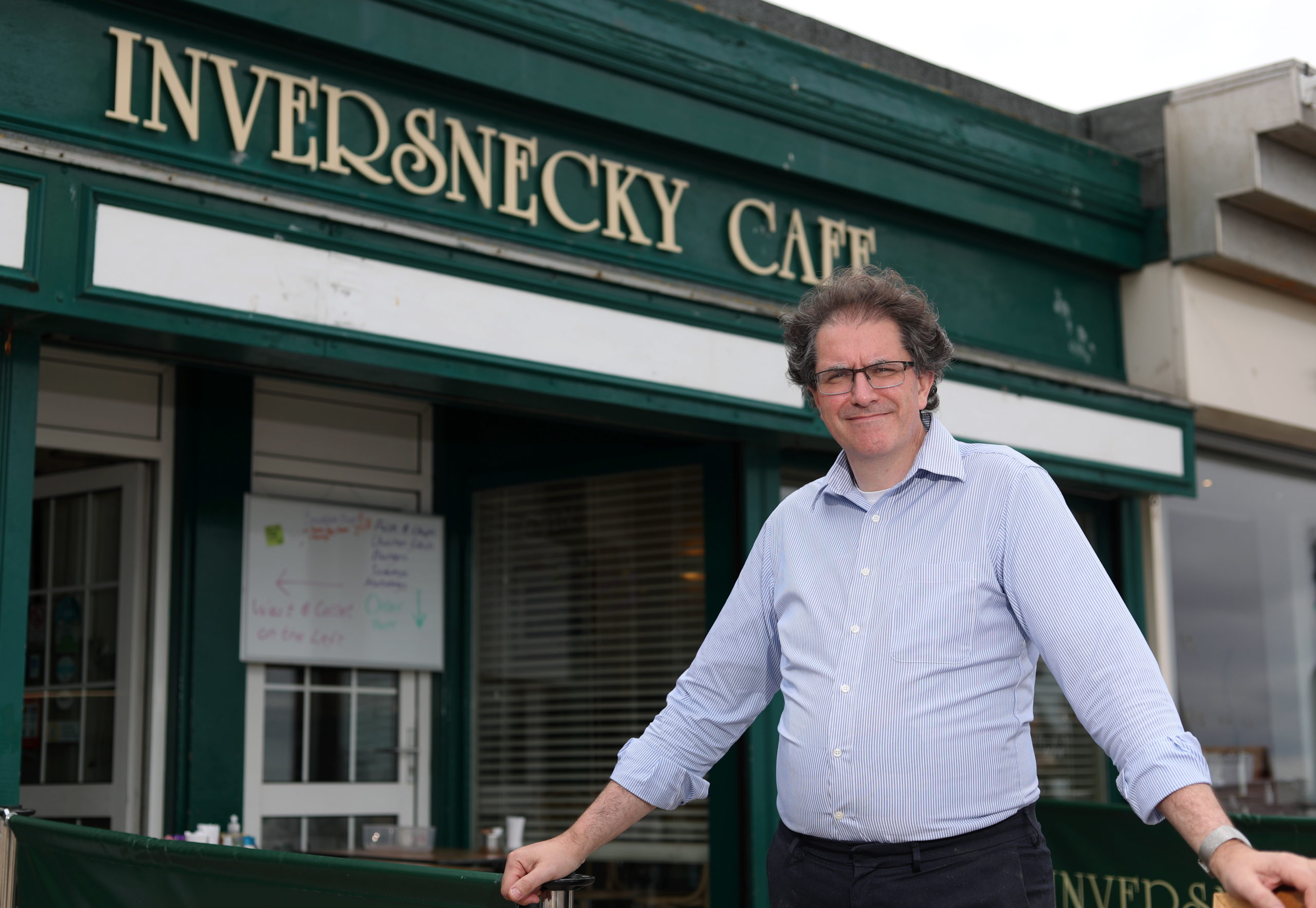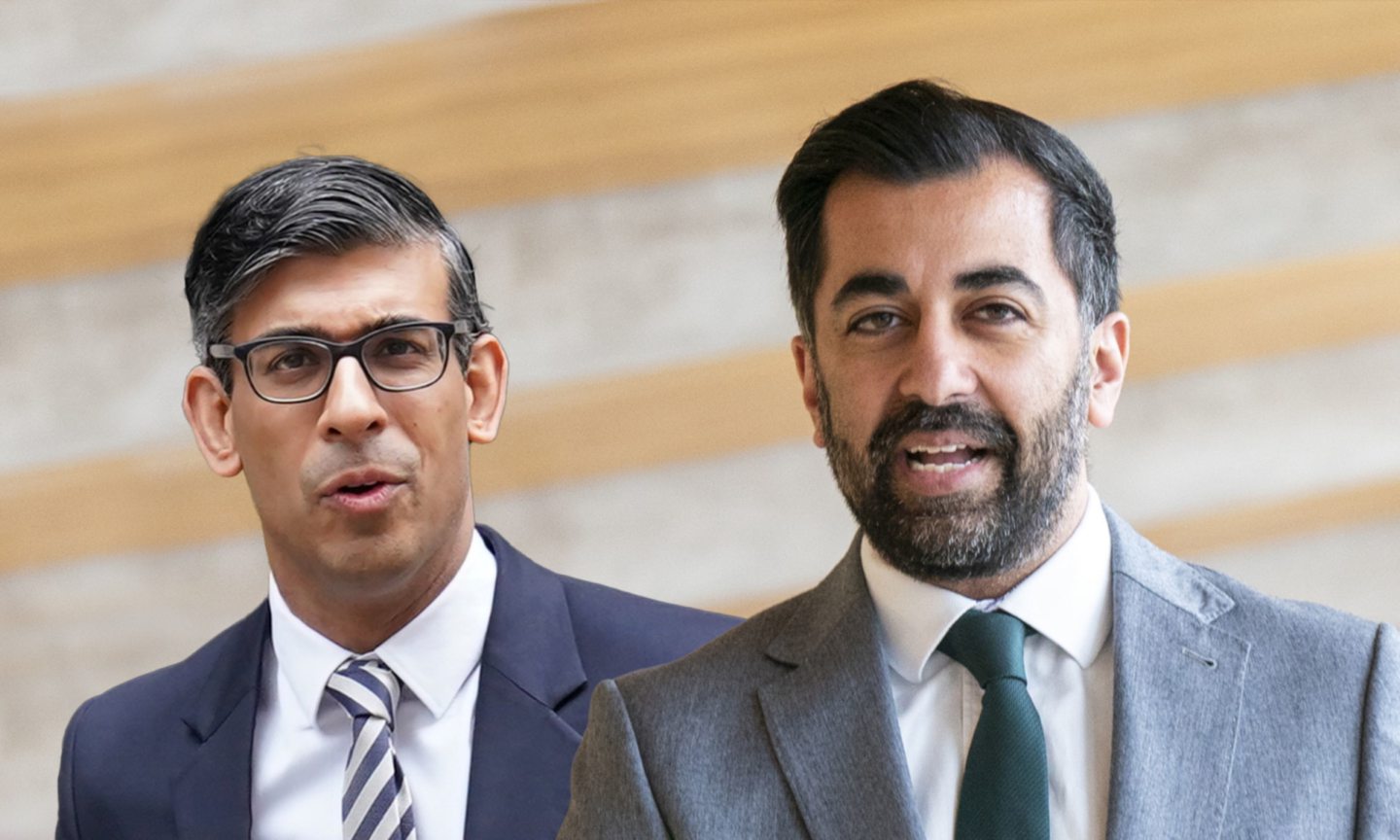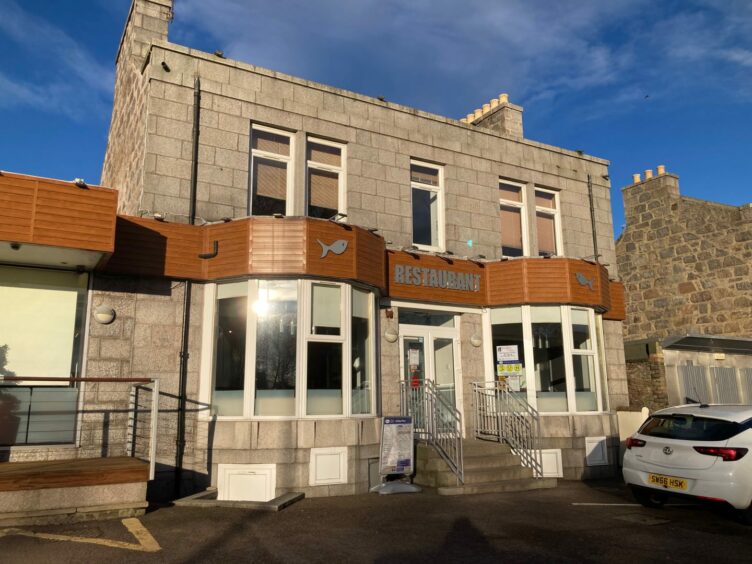
The hospitality trade is facing an uncertain future, with many pubs, restaurants, cafes and other places grappling with a wide range of problems.
The issues include the escalating charge of owners heating their properties and the difficulties in keeping their prices at an affordable level amid rising inflation.
In these circumstances, even some of the best-known figures in the industry have admitted they can’t continue indefinitely without government assistance.
In recent days, the Scotia Bar in Aberdeen was the latest place to admit defeat, just days after Olive Alexander’s and BarBelow ceased trading amid spiralling bills and an increasing struggle to attract customers in the midst of a cost-of-living crisis.
Stuart Devine, the operations manager at The Ashvale, the Granite City’s most famous chipper, has spent decades welcoming and feeding A-listers on his premises.
The pictures in his establishment – which include shots of such luminaries as Mel Gibson, Sir Elton John, Lewis Capaldi and Denis Law – testify to how it has flourished since the 1980s under the stewardship of the man who was awarded an MBE in 2014.
What does The Ashvale’s Stuart Devine think?
But he admits that life is a gruelling battle to make ends meet and has outlined why he believes there is little hope of matters improving in the months ahead.
Mr Devine told the Press & Journal: “There is only one word I can use to describe things right now and that is brutal. Business today has never been harder.
“We [in hospitality] are still feeling the effects of Covid, with people’s eating habits having changed, opening hours have been reduced with some shops closed altogether on Mondays and Tuesdays, and Brexit has had an impact, followed by the unwanted wars in Ukraine and, more recently, Gaza.
“These factors have caused major issues with a lot of items we buy having doubled in price and although the government now boast of dropping inflation, food costs are still very high and have absolutely no chance of returning to pre-pandemic levels.
“The war has also had colossal effects on our gas and electricity with some businesses suffering a price rise of up to 10 times the rate they were previously paying.
“Everyone, with few exceptions, is feeling the pinch and money is tight. When things are squeezed, you naturally have to cut back on things you cannot afford. Naturally if you have less disposable income, meals out, a takeaway or a pint become a luxury.
What would help hospitality venues?
“I have campaigned mainly through the National Federation of Fish Friers, whom I represent in Scotland, for a deduction in VAT.
“We pay a rate of 20% which incidentally is the highest in Europe. My argument that any sort of drop, back to 17.5% or slightly lower, would stop prices rising immediately and would go a long way to curbing inflation, has sadly fallen on deaf ears as Rishi Sunak and Jeremy Hunt continue their crusade with devastating consequences.
“In our own city, I can see the introduction of bus gates has had an negative effect on footfall. I’m not against improvements required to reduce pollution, but these need to be phased with better implementation and improved public transport.
“I know a lot is being made of M&S closing down and concentrating on their Union Square site. Well, let’s make sure the bus routes alleviate everyone’s fear of how they would get there and ensure the route goes to the door. Our city and shops cannot afford to see mass reduction in footfall and empty shops help no one.
Sadly, the trend isn’t confined to Aberdeen. Most city centres have lost their lustre for former customers, many of whom have grown accustomed to internet shopping.
Will we see more hospitality closures?
And Inverness economist, Tony Mackay, is among those who fear that matters will only get worse as the cash-strapped public respond to harsh reality.
He said: “I am not optimistic. The latest economic forecasts predict only +0.7% growth in Scotland in 2024 and +1.2% in 2025. The long term average used to be about +2.5% annual growth. The north and north-east are unlikely to do better than the Scottish averages because of regional problems such as the decline in the oil and gas industry.
“Consumers are very reluctant to spend more money until there is a substantial improvement in the local economy. That badly affects the hospitality and retail industries, so I expect more closures in the region in 2024. The switch towards online shopping is also having a big impact on the retail sector in town and city centres.
“A reduction in VAT would be welcome, but I do not believe that the Scottish Government will agree to that because of their own financial problems.”
The minister for Small Business at Holyrood, Richard Lochhead, is fully cognisant with the travails afflicting myriad firms in the north east. As the MSP for Moray since 2006, he appreciates the complaints from those in the hospitality sector.
But, while explaining what he was doing to help, the 54-year-old SNP member spelled out his belief that Westminster wasn’t interested in providing any solutions.
What is the Scottish Government doing?
He said: “The Scottish Government is acutely aware of the enormous pressures facing businesses in the north east – indeed, across the country – due to inflation, energy costs and the cost-of-living crisis and is taking decisive steps to offer support despite limited powers and working within a challenging budget.
“Through our sector-specific industry leadership groups and the New Deal for Business Group, myself and my ministerial colleagues continue to work closely with businesses in Aberdeen and beyond to ensure we understand the challenges being faced and how we can overcome them together.
“We continue to call on the UK Government to help with costs faced by businesses. The Deputy First Minister wrote to the Chancellor requesting a reinstatement of reduced rates of VAT for the tourism and hospitality sector, a request I also outlined in a letter ahead of the UK Autumn Statement – both these calls were unfortunately ignored.”
Is the UK Government taking action?
The UK Government insisted it was doing what it could to help and a spokesman said: “We’re providing the Scottish Government with a record £41bn-per-year settlement and it has significant devolved levers to support hospitality, including over business rates.
“Our decisive action helped to more than halve inflation last year, protecting businesses in Scotland from higher costs than they would otherwise have faced while also freezing alcohol duty until [this] August.”
Not everything is shrouded in doom and gloom. Martin Vicca, the manager of the Inversnecky Cafe on Aberdeen Beach, is among those who have benefitted from fewer people bothering to travel into Union Street and other thoroughfares.
He said: “We are coming off a very positive year. Other businesses will be in a similar position. As the footfall within the city centre falls, people are going elsewhere.
How has the Inversnecky Cafe fared?
“We have been lucky but also worked very hard. We have looked after our most valuable asset, our staff. It is very difficult in the current climate to launch and operate a new business or keep a popular and trendy place going. Fads rise and fall so very fast now.
“The fact we have never been ‘trendy’ or ‘hip’ has helped us. We are catering to the great-grandchildren and maybe great-great-grandchildren of the people whom my grandparents served. History and familiarity have been on our side, but nonetheless we have to fight to do our very best every day.”
It’s heartening to hear those words. But there are few similar stories in the region.
